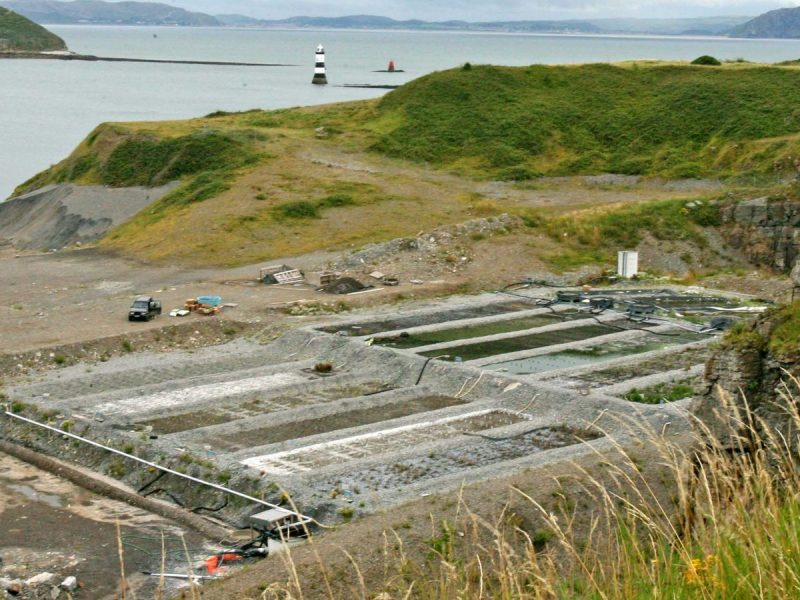RAS in Peace: The quick and the dead in land-based fish farming
Those who think land-based fish farming can replace ocean-based aquaculture, may want to take a walk though this RAS cemetery
By SeaWestNews
Land-based fish farming seems to be the buzzword for the lobby groups who want to put an end to sustainable ocean aquaculture in British Columbia.
Bowing to pressure from the activists, the Justin Trudeau-led Liberals, has pledged to move all ocean-based salmon farms in British Columbia to land-based closed containment systems (RAS) by 2025.
In a desperate bid to get urban votes at the expense of over 7,000 livelihoods in B.C.’s coastal communities, the Liberals abandoned science, reality and sustainability by making the pledge during the run-up to the recent federal elections.
Experts from the U.N., the industry, the scientific community, aquaculture insurance giants and even land-based fish farmers have described this policy as “nonsense”, “reckless”, “destructive” and “careless”.
“By demanding 100 per cent closed containment in just six years, the Liberals are in effect calling on us to shut down successful, responsible farming operations already innovating new ways of doing things in favour of an alternative that doesn’t actually exist,” states John Paul Fraser, the executive director of the BC Salmon Farmers Association.
In B.C. alone, there are many failed attempts to grow either Pacific or Atlantic salmon in land-based recirculating aquaculture systems (RAS) over the past 20 years.
Now the world’s largest seafood news and information provider, IntraFish, has put together a list of land-based or recirculating aquaculture systems (RAS) projects that have collapsed.
Those who think land-based fish farming can replace ocean-based aquaculture, instead of the two being a hybrid system, may want to take a walk though this cemetery that has devoured millions of dollars in fantastical quests;


